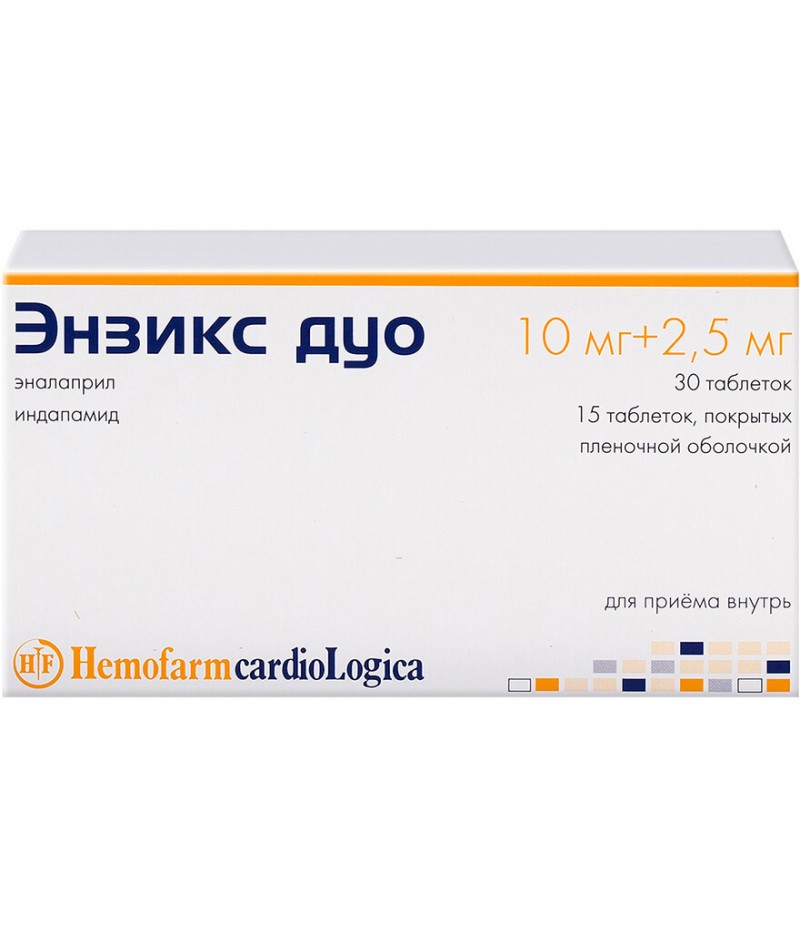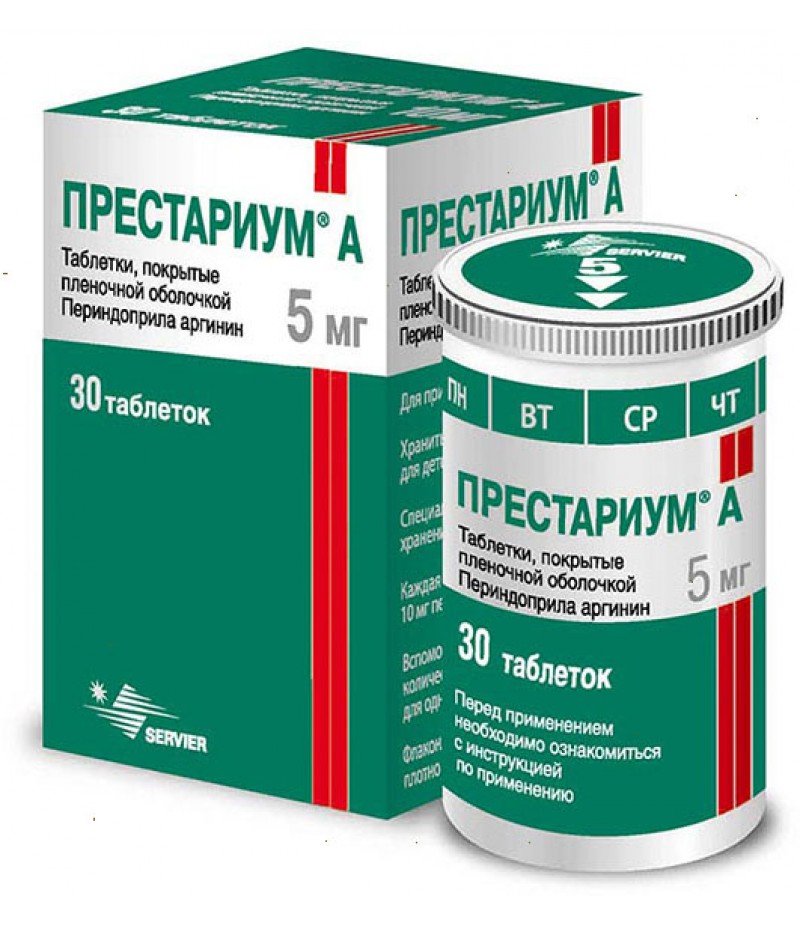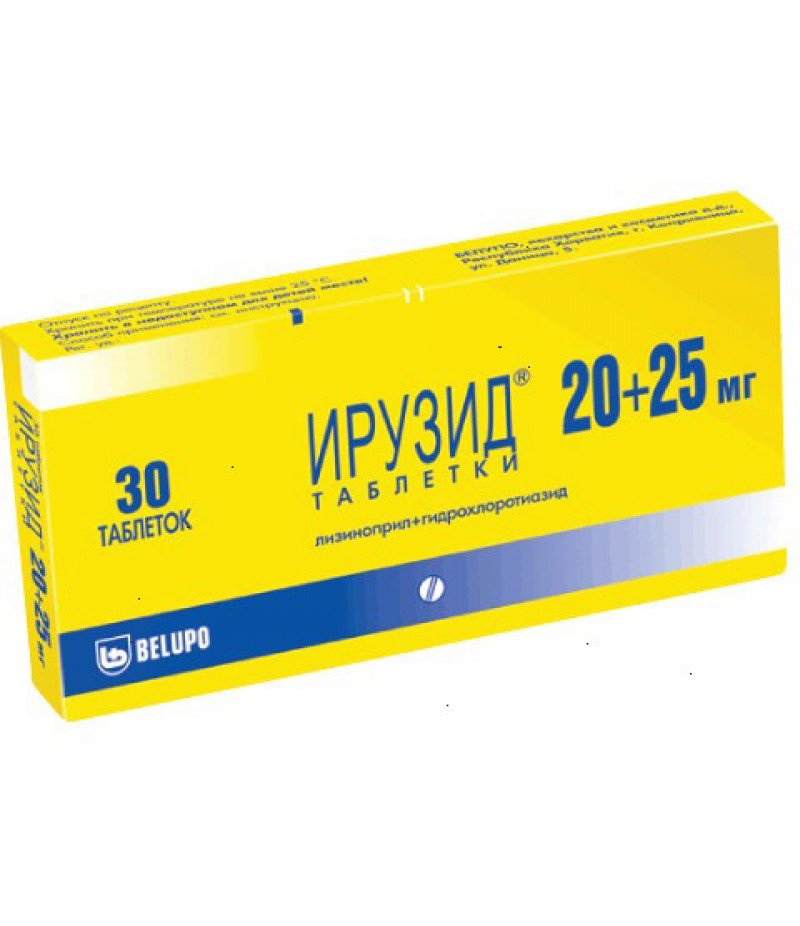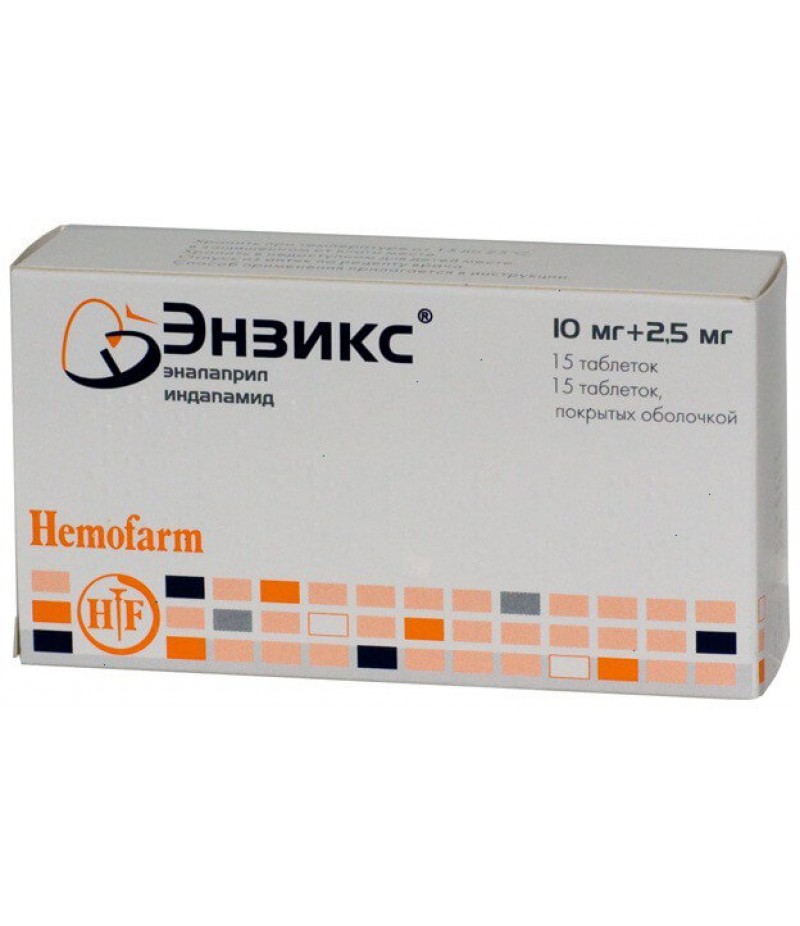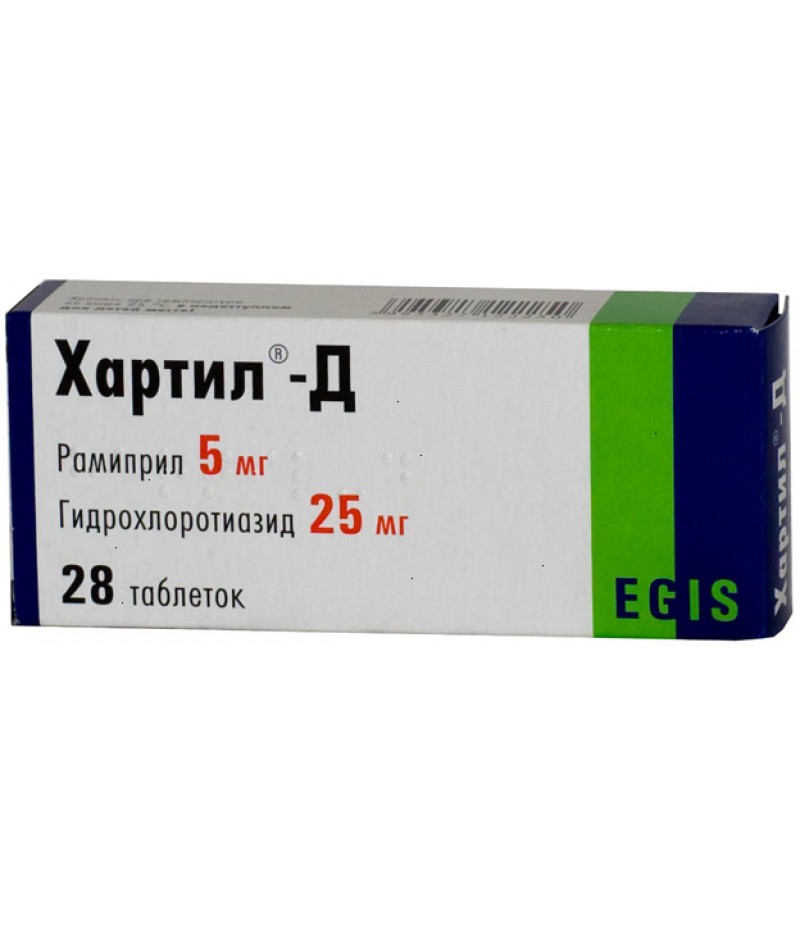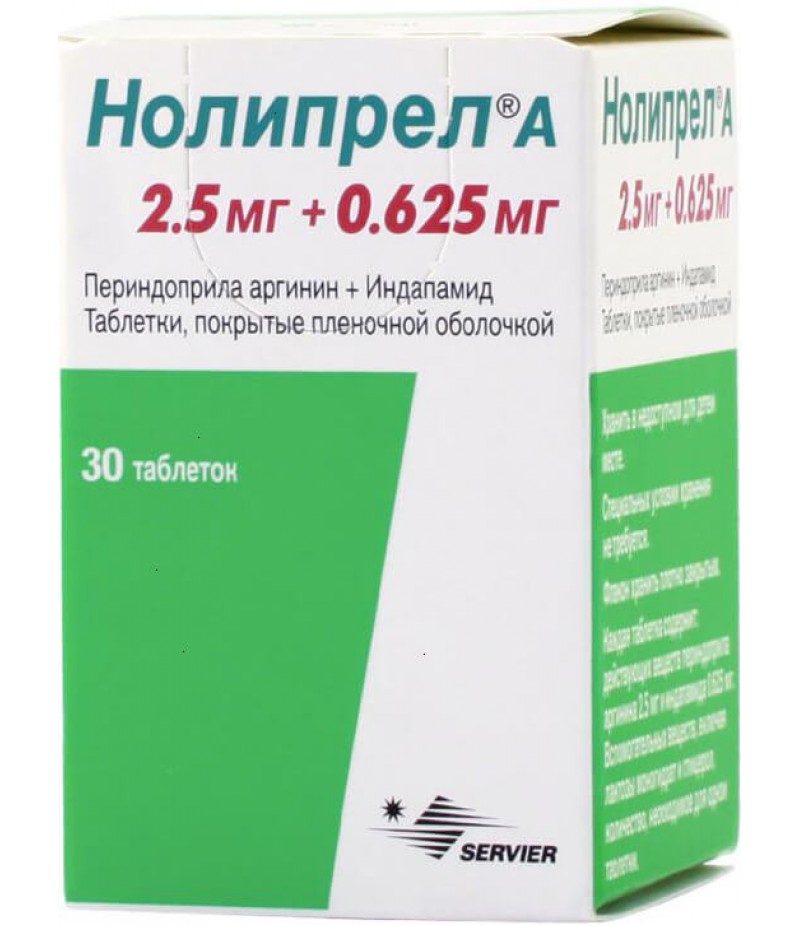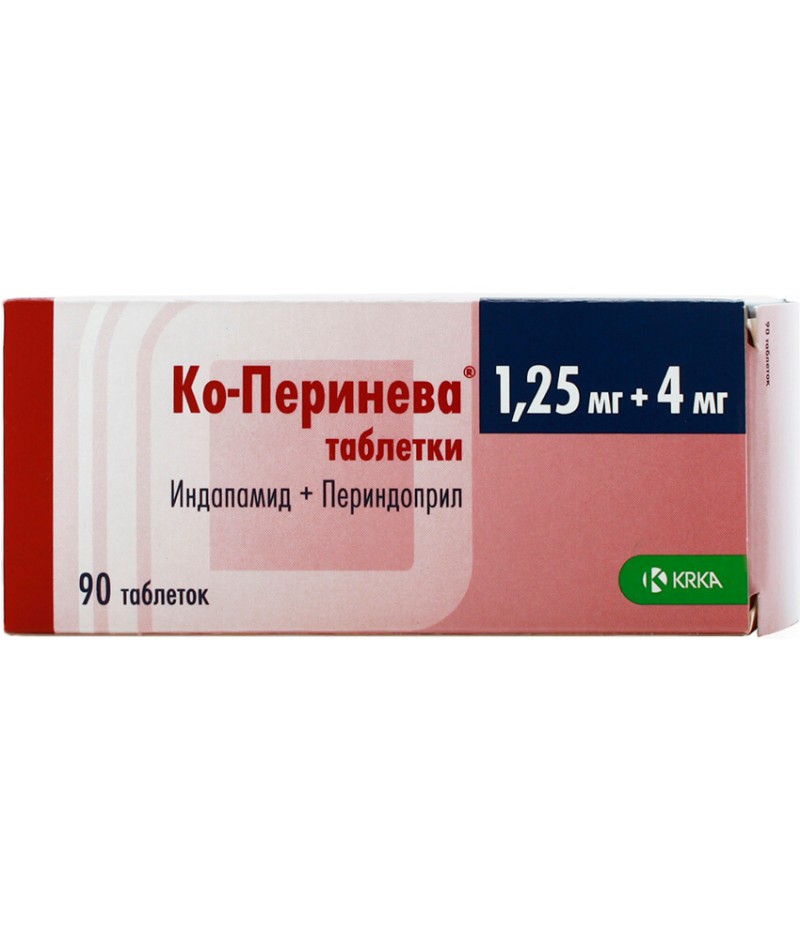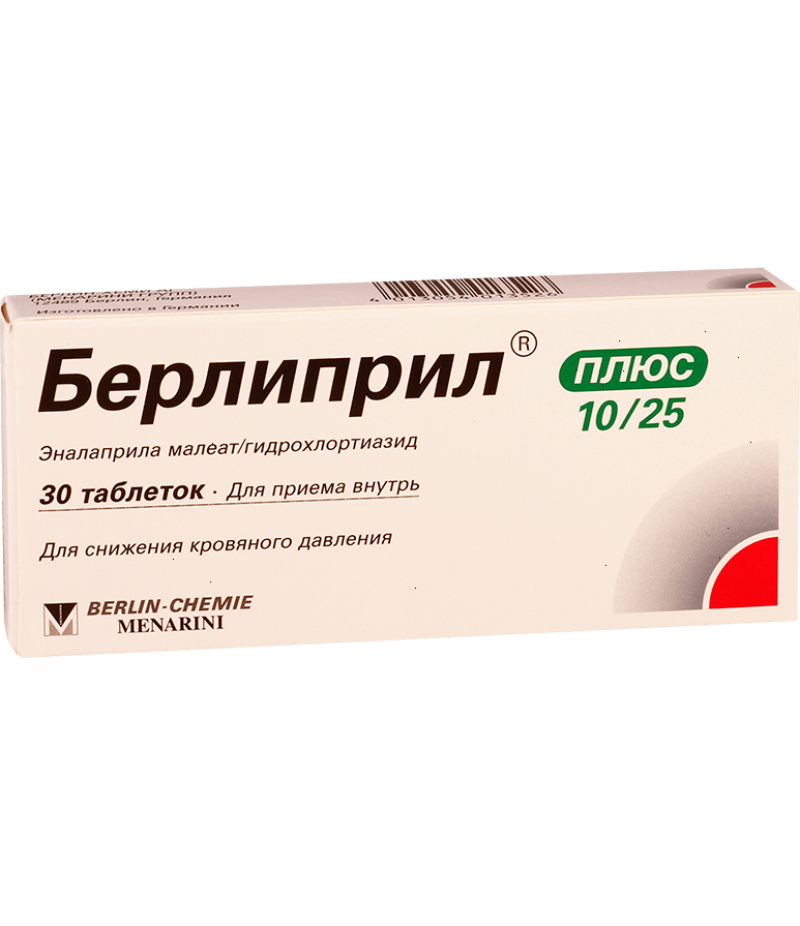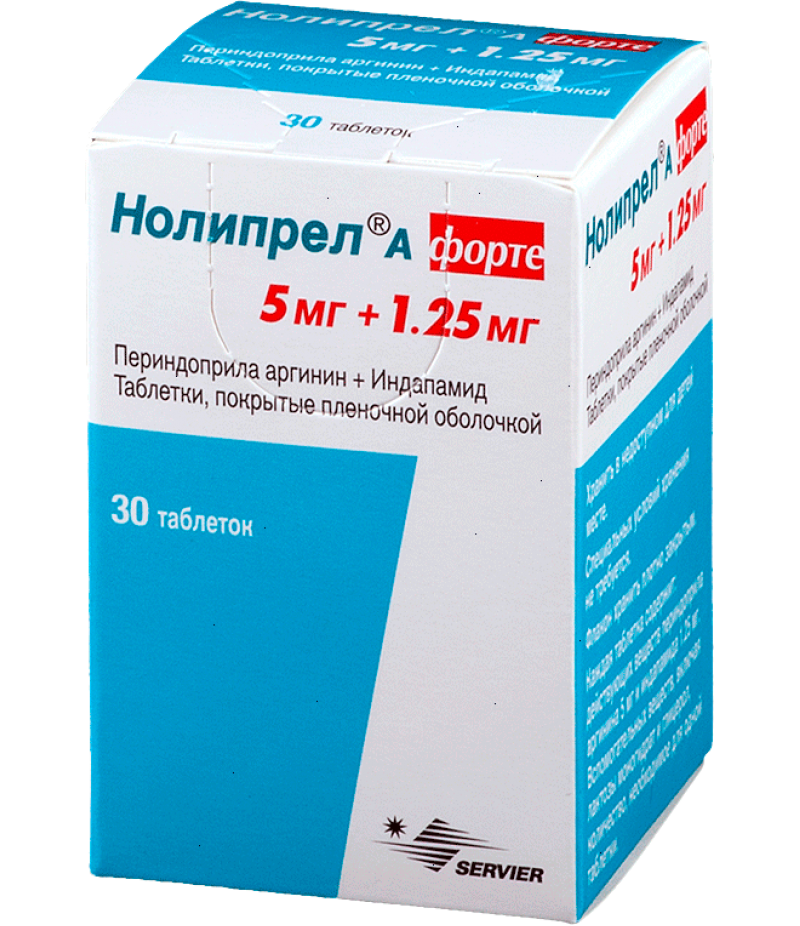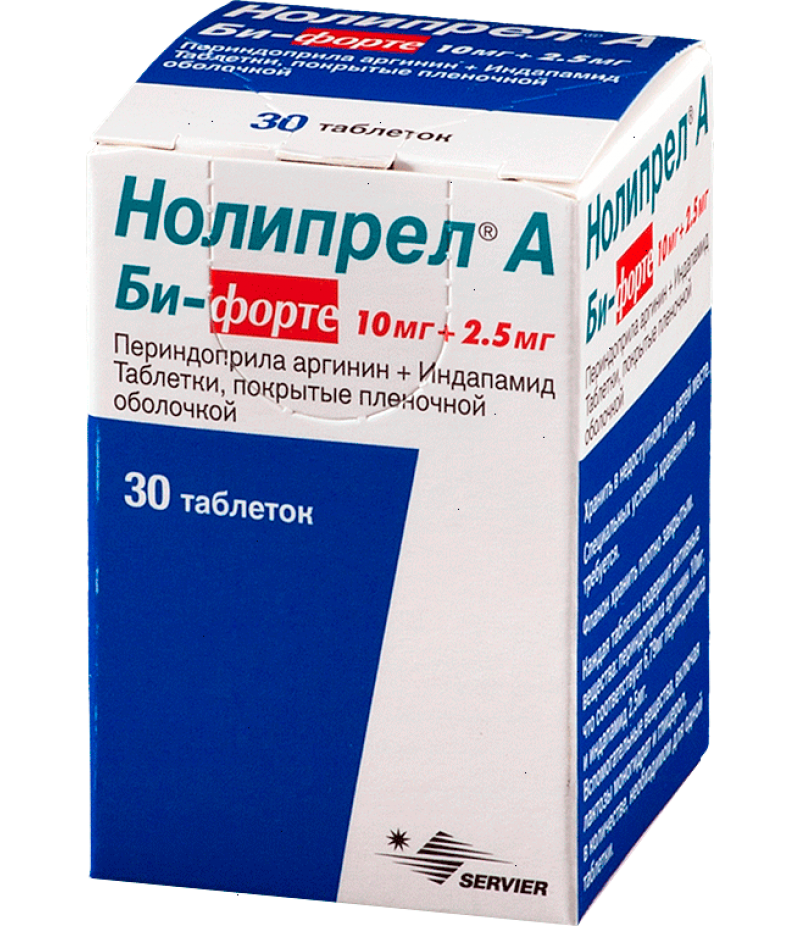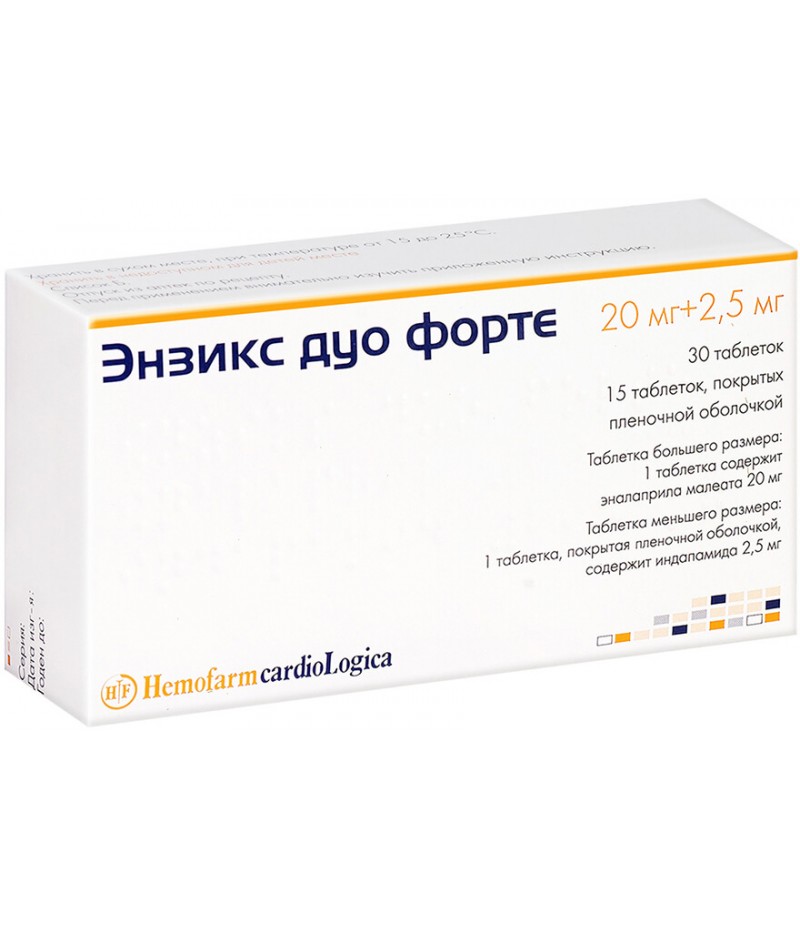Enzix Duo tabs 10mg/2.5mg #30 + #15
- $17.20
- 3 or more $16.99
- Availability:In Stock
Enzix Duo instructionYou can buy Enzix Duo hereCompositionA set of tablets of two types:1 larger tablet contains:active ingredient: enalapril maleate 10 mg,excipients: lactose monohydrate; magnesium carbonate; gelatin; crospovidon..
Tags: tabs
Enzix Duo instruction
You can buy Enzix Duo here
Composition
A set of tablets of two types:
1 larger tablet contains:
active ingredient: enalapril maleate 10 mg,
excipients: lactose monohydrate; magnesium carbonate; gelatin; crospovidone; magnesium stearate;
1 smaller coated tablet contains:
active ingredient: indapamide 2.5 mg,
excipients: lactose monohydrate; Povidone K30; crospovidone; magnesium stearate; sodium lauryl sulfate; talc; hypromellose; macrogol 6000; titanium dioxide.
Pharmacodynamics
Enalapril
Antihypertensive drug, its mechanism of action is associated with a decrease in the formation of angiotensin I angiotensin II, a decrease in the content of which leads to a direct decrease in the release of aldosterone. At the same time, the total peripheral vascular resistance, systolic and diastolic blood pressure (BP), post- and preload on the myocardium decrease. Expands the arteries to a greater extent than the veins, while a reflex increase in heart rate is not observed. Reduces the degradation of bradykinin, increases prostaglandin synthesis.
Indapamide
Antihypertensive, thiazide-like diuretic with moderate strength and long-lasting action, derived benzamidov. Reduces the tone of the smooth muscles of the arteries, reduces the total peripheral vascular resistance. It has moderate saluretic and diuretic effects, which are associated with the blockade of reabsorption of sodium ions, chlorine, hydrogen, and to a lesser extent potassium ions in the proximal tubule and the cortical segment of the distal nephron tubule. Vasodilator effects and a decrease in the total peripheral vascular resistance are based on the following mechanisms: a decrease in the reactivity of the vascular wall to noradrenaline and angiotensin II; an increase in the synthesis of prostaglandins with vasodilating activity; inhibition of calcium current in vascular smooth muscle cells. Helps to reduce left ventricular hypertrophy. In therapeutic doses, it does not affect lipid and carbohydrate metabolism (including in patients with concomitant diabetes mellitus).
The simultaneous use of enalapril and indapamide leads to increased antihypertensive effect of enalapril.
Indications
Arterial hypertension.
Contraindications for Enzix Duo
Hypersensitivity to the components of the drug Enzix Duo;
pregnancy;
lactation period;
children and adolescents up to 18 years;
Enalapril
history of angioedema associated with treatment with ACE inhibitors; renal failure (creatinine Cl> 30 ml / min);
Indapamide: anuria; hypokalemia; severe liver failure (including with encephalopathy); severe renal failure; simultaneous use of drugs that extend the QT interval.
Dosage and administration
1 tablet of enalapril (10 mg) and 1 tablet, film-coated, indapamide (2.5 mg) are taken orally, in the morning at the same time. Depending on the dynamics of blood pressure indicators, the dose of enalapril can be increased to twice the dose per day.
Use during pregnancy and lactation
Enzix Duo is contraindicated for use during pregnancy and lactation. If necessary, the use of the drug Enzix Duo during lactation breastfeeding should be stopped.
Newborns and infants who have been exposed to intrauterine effects of ACE inhibitors are recommended to be closely monitored to timely detect a pronounced decrease in blood pressure, oliguria, hyperkalemia and neurological disorders, which may develop as a result of a decrease in renal and cerebral blood flow with a decrease in blood pressure caused by ACE inhibitors. When oliguria, it is necessary to maintain blood pressure and renal perfusion by injecting appropriate fluids and vasoconstrictor agents.
Side effects of Enzix Duo
Enalapril
On the part of the central nervous system and peripheral nervous system: headache, dizziness, weakness, insomnia, anxiety, confusion, fatigue, drowsiness (2-3%); in some cases, when used in high doses - nervousness, depression, paresthesias.
On the part of the respiratory system: unproductive dry cough, interstitial pneumonitis, bronchospasm / bronchial asthma, shortness of breath, rhinorrhea, pharyngitis.
On the part of the senses: disorders of the vestibular apparatus, impairment of hearing and vision, tinnitus.
On the part of the digestive system: dry mouth, anorexia, dyspeptic symptoms (nausea, diarrhea or constipation, vomiting, abdominal pain), intestinal obstruction, pancreatitis, abnormal liver function and biliary excretion, hepatitis (hepatocellular or cholestatic), jaundice, increased liver activity transaminase, hyperbilirubinemia.
Since the cardiovascular system: excessive reduction of blood pressure, orthostatic collapse; rarely - chest pain, angina pectoris, myocardial infarction (usually associated with a pronounced decrease in blood pressure), arrhythmias (atrial brady- or tachycardia, atrial fibrillation), palpitations, thromboembolism of the pulmonary artery branches, pain in the heart, fainting.
Metabolism: hyperkalemia, hyponatremia, hypoglycemia (in patients with diabetes mellitus).
On the part of the hematopoietic system: rarely - decrease in hematocrit and hemoglobin concentration, thrombocytopenia, neutropenia, agranulocytosis (in patients with autoimmune diseases), eosinophilia, increased ESR.
On the part of the urinary system: renal dysfunction, proteinuria, hypercreatininemia, increased urea.
On the part of the reproductive system: decreased libido, hot flashes, reduced potency.
Dermatological reactions: alopecia, photosensitivity.
Allergic reactions: skin rash, angioneurotic edema of face and extremities, lips, tongue, glottis and / or throat, dysphonia, erythema multiforme, exfoliative dermatitis, Stevens-Johnson syndrome, toxic epidermal necrolysis, pemphigus, pruritus, urticaria, serositis, vasculitis, myositis, arthralgia, arthritis, stomatitis, glossitis; very rarely - intestinal angioedema.
Indapamide
On the part of the central nervous system and peripheral nervous system: asthenia, nervousness, headache, dizziness, drowsiness, vertigo, insomnia, depression, paresthesias; rarely - increased fatigue, general weakness, malaise, muscle spasm, tension, irritability, anxiety.
On the part of the digestive system: nausea, anorexia, dry mouth, gastralgia, vomiting, diarrhea or constipation, feeling of discomfort in the abdomen, pancreatitis are possible.
From the senses: conjunctivitis, blurred vision.
On the part of the respiratory system: cough, pharyngitis, sinusitis, rhinorrhea; rarely - rhinitis.
Since the cardiovascular system: orthostatic hypotension, characteristic for hypokalemia changes on the ECG, arrhythmias, palpitations.
On the part of the urinary system: an increase in the incidence of infections, nocturia, polyuria, an increase in urea nitrogen in the blood plasma, hypercreatininemia.
Metabolism: hypokalemia, hyponatremia, hypochloremic alkalosis, hypercalcemia, glycosuria, sweating, weight loss.
On the part of the reproductive system: reduced potency, decreased libido.
Allergic reactions: skin rash, urticaria, pruritus, hemorrhagic vasculitis.
Others: flu-like syndrome, chest pain, back pain, infections, worsening of SLE.
special instructions for Enzix Duo
Enalapril
Patients need medical supervision for 2 hours after taking the initial dose of Enzix Duo and an additional 1 hour until blood pressure stabilizes.
In patients with reduced BCC (as a result of diuretic therapy, while limiting salt intake, hemodialysis, diarrhea, vomiting), enalapril is used (like other ACE inhibitors) even at the initial dose, the risk of sudden and pronounced decrease in blood pressure increases.
Transient arterial hypertension is not a contraindication for the continuation of drug treatment after stabilization of blood pressure. In case of repeated pronounced decrease in blood pressure, reduce the dose or discontinue Enzix Duo.
The use of high-strength dialysis membranes increases the risk of an anaphylactic reaction. In the days free from dialysis, the dosage regimen should be adjusted depending on the level of blood pressure.
The condition of patients with severe heart failure, IHD and vascular diseases of the brain should be carefully monitored. In such patients, a sharp decrease in blood pressure can lead to myocardial infarction, stroke, or impaired renal function.
Sudden withdrawal of Enzix Duo does not lead to a sharp increase in blood pressure.
Before the study of the function of the parathyroid glands, enalapril should be abolished.
In the case of side effects or angioedema, Enzix Duo should be discontinued and appropriate treatment should be prescribed.
Before surgery (including dentistry), the patient should warn the surgeon / anesthesiologist about the use of ACE inhibitors.
Before and during treatment with ACE inhibitors, periodic monitoring of blood pressure, blood parameters (hemoglobin, potassium, creatinine, urea, liver transaminase activity), and protein in the urine is necessary.
Indapamide
When indapamide is prescribed to patients taking cardiac glycosides, laxative drugs, against the background of hyper aldosteronism, as well as elderly patients, regular monitoring of the content of potassium and creatinine is shown.
When taking indapamide, the concentration of potassium, sodium, magnesium in plasma, pH, glucose, uric acid and residual nitrogen should be systematically monitored. The most careful control is indicated for cirrhosis of the liver (especially with edema or ascites - the risk of developing metabolic alkalosis, enhancing the manifestations of hepatic encephalopathy), coronary heart disease, heart failure, as well as in elderly patients. Patients with an increased QT interval on an ECG (congenital or developed on the background of any pathological process) are also at increased risk. The first determination of the concentration of potassium in the blood should be carried out during the first week of treatment.
Hypercalcemia with indapamide may be due to previously undiagnosed hyperparathyroidism.
In patients with diabetes, it is extremely important to control the level of glucose in the blood, especially in the presence of hypokalemia.
Significant dehydration can lead to the development of acute renal failure (reduced glomerular filtration). Patients need to compensate for the loss of water and at the beginning of treatment to carefully monitor renal function.
Indapamide can give a positive result during the doping control.
Patients with arterial hypertension and hyponatremia (due to diuretic administration) should stop receiving diuretics 3 days before taking ACE inhibitors (if necessary, diuretic can be resumed a little later), or in such cases, initial low doses of ACE inhibitors are prescribed.
When prescribing indapamide, it should be borne in mind that sulfonamide derivatives may aggravate the course of SLE.
Use in pediatrics
The efficacy and safety of enalapril and indapamide in children and adolescents under the age of 18 years have not been established.
Influence on ability to drive motor transport and control mechanisms
At the beginning of treatment, until the end of the dose selection period, the patient should refrain from driving and engaging in potentially hazardous activities that require increased concentration and psychomotor speed, because dizziness is possible, especially after taking the initial dose of Enzix Duo.
Interaction
Enalapril
The simultaneous use of enalapril and indapamide leads to increased antihypertensive action of enalapril.
With the simultaneous use of enalapril with NSAIDs, including selective COX-2 inhibitors, analgesics-antipyretics may reduce the hypotensive effect of enalapril.
In some cases, in patients with impaired renal function receiving NSAIDs, including selective COX-2 inhibitors, the use of ACE inhibitors can lead to a further deterioration in renal function. These changes are reversible.
The antihypertensive effect of enalapril is enhanced by diuretics, beta-blockers, methyldopa, nitrates, calcium channel blockers of the dihydropyridine series, hydralazine, prazosin.
The use of enalapril in conjunction with potassium-sparing diuretics (spironolactone, triamterene, amiloride), as well as with potassium-containing drugs enhances the risk of hyperkalemia.
Enalapril reduces the effect of drugs containing theophylline.
Immunosuppressants, allopurinol, cytostatics increase the enmato-hematotoxicity of enalapril. Drugs that cause bone marrow depression increase the risk of developing neutropenia and / or agranulocytosis.
Enalapril helps to slow down the elimination of lithium (with simultaneous use of enalapril with lithium salts, control of the concentration of lithium in the blood plasma is shown).
The combined use of ACE inhibitors and hypoglycemic agents (insulin, oral hypoglycemic drugs) can enhance the hypoglycemic effect of the latter with the risk of hypoglycemia. This is most common during the first 3 weeks of joint use, as well as in patients with renal insufficiency. In patients with diabetes mellitus, receiving hypoglycemic drugs for oral administration and insulin, it is necessary to control the level of glucose in the blood, especially during the first month of joint use with ACE inhibitors.
Symptom complex, including facial flushing, nausea, vomiting and hypotension, has been described in rare cases with the joint use of gold preparations for parenteral use (sodium aurothiomalate) and ACE inhibitors (enalapril).
Ethanol enhances the hypotensive effect of enalapril.
Indapamide
With simultaneous use of indapamide with saluretics, cardiac glycosides, gluco-and mineralocorticoids, tetracosactids, amphotericin B (intravenously), laxatives, the risk of hypokalemia increases.
At the same time taking indapamide with cardiac glycosides increases the likelihood of glycosidic intoxication; with calcium preparations - hypercalcemia; with metformin - possible aggravation of lactic acidosis.
Indapamide helps to slow the elimination of lithium and thereby increase its concentration in the blood plasma.
Astemizol, erythromycin (intravenously), pentamidine, sultopride, terfenadine, vincamine, class I A antiarrhythmic drugs (quinidine, disopyramide) and class III (amiodarone, bretilium, sotalol) when taken on an ipadamide background can lead to the development of arrhythmias of the pirouet type.
NSAIDs, GCS, tetrakozaktid, sympathomimetics reduce the hypotensive effect of indapamide; baclofen - strengthens.
The combination of indapamide with potassium-saving diuretics may be effective in some patients, but this does not completely exclude the possibility of the development of hypo-or hyperkalemia, especially in patients with diabetes mellitus and with renal insufficiency.
ACE inhibitors when used concomitantly with indapamide increase the risk of arterial hypotension and / or acute renal failure (especially with existing stenosis of the renal artery).
Indapamide increases the risk of kidney dysfunction with simultaneous use with high-dose iodine-containing contrast media (dehydration). Before using iodine-containing contrast agents in patients taking indapamide, it is necessary to restore fluid loss.
Tricyclic antidepressants and antipsychotic drugs increase the hypotensive effect of indapamide and increase the risk of orthostatic hypotension.
With simultaneous use of indapamide with cyclosporine increases the risk of hypercreatininemia.
Indapamide reduces the effect of indirect anticoagulants (coumarin or indanedione derivatives) due to an increase in the concentration of clotting factors as a result of a decrease in BCC and an increase in their production by the liver (dose adjustment may be required).
Indapamide enhances the effect of non-depolarizing muscle relaxants.
Overdose
Enalapril
Symptoms: pronounced decrease in blood pressure up to the development of collapse, myocardial infarction, acute cerebrovascular accident or thromboembolic complications, convulsions, stupor.
Treatment: the patient is transferred to a horizontal position with a low head. In mild cases, gastric lavage and ingestion of a saline laxative are indicated. In more severe cases, measures are taken to stabilize blood pressure: intravenous injection of saline, plasma substitutes, angiotensin II, hemodialysis is possible.
Indapamide
Symptoms: nausea, vomiting, weakness, dysfunction of the gastrointestinal tract, water and electrolyte disorders; in some cases - an excessive decrease in blood pressure, dizziness, drowsiness, confusion, respiratory depression. Patients with cirrhosis may develop hepatic coma.
Treatment: gastric lavage and / or the appointment of activated carbon, correction of water and electrolyte balance, symptomatic therapy. There is no specific antidote.
Storage conditions
Keep out of reach of children at a temperature not exceeding 25 ° C.
Shelf life - 3 years.
Terms of sell
You don't need a prescription to buy Enzix Duo.

